Search
Search Results
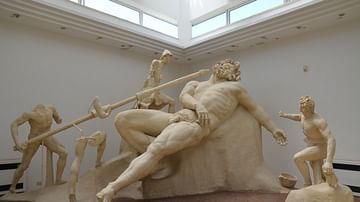
Definition
Cyclops (Play)
The satyr-play The Cyclops was written by Euripides, one of the great Greek tragedians, in 412 or 408 BCE. Like many of his fellow tragedians, Euripides centers his play on a well-known story from Greek mythology. The Cyclops is based on...
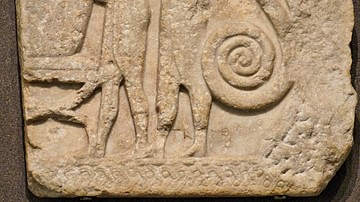
Definition
Agamemnon (Play)
The play Agamemnon was written by one of the greatest Greek tragedians Aeschylus (c. 525 – 455 BCE), “Father of Greek Tragedy.” Older than both Sophocles and Euripides, he was the most popular and influential of all tragedians...

Definition
Ajax (Play)
Ajax is a play written by the 5th-century BCE Greek poet and dramatist Sophocles. Although Sophocles wrote at least 120 plays, only seven have survived. Of his surviving plays, the best-known is Oedipus Rex (Oedipus the King) - part of a...
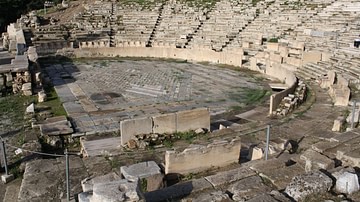
Definition
Plutus (Play)
Plutus (aka Wealth) is a play written by the great Greek comedy playwright Aristophanes in 388 BCE. It was the last of his plays to be performed during his lifetime. Like his earlier play Ecclesiazusae (The Assemblywomen), Wealth was written...
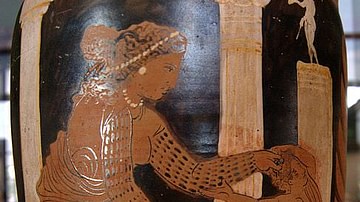
Definition
Medea (Play)
The tragedy Medea was written in 431 BCE by Euripides (c. 484 – 407 BCE). Euripides authored at least 90 plays of which 19 have survived intact. As with the plays by Sophocles and Aeschylus, the audience was already well aware of the myth...

Definition
Helen (Play)
Helen is a Greek tragedy by Euripides (c. 484-407 BCE). It is usually thought to have first been performed at the Great Dionysia of 412 BCE and was part of the trilogy that included Euripides' lost Andromeda. Helen recounts an unusual version...
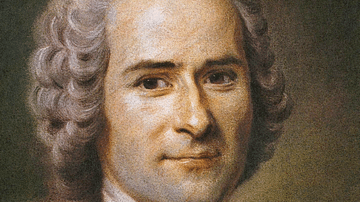
Definition
Jean-Jacques Rousseau
Jean-Jacques Rousseau (1712-1778) was a Swiss philosopher whose work both praised and criticised the Enlightenment movement. Although a believer in the power of reason, science, and the arts, Rousseau was convinced that a flourishing culture...
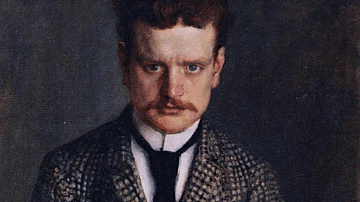
Definition
Jean Sibelius
Jean Sibelius (1865-1957) was a Finnish composer famous for his symphonies, the symphonic poem Finlandia, and the Karelia Suite. Although Sibelius inspired a music revival in his native country, became a figurehead for the Finnish nationalist...

Definition
Jean Lafitte
Jean Lafitte (also spelt Laffite, c. 1780 to c. 1820 CE) was a Franco-American leader of pirates and privateers who captured merchant vessels of various states in the Gulf of Mexico from 1810 to 1820. Lafitte proved an invaluable ally for...
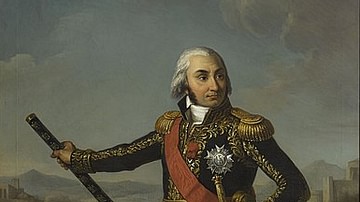
Definition
Jean-Baptiste Jourdan
Jean-Baptiste Jourdan (1762-1833) was a French general who held significant commands in the French Revolutionary Wars (1792-1802) and the Napoleonic Wars (1803-1815). He won a major victory for the French Republic at the Battle of Fleurus...